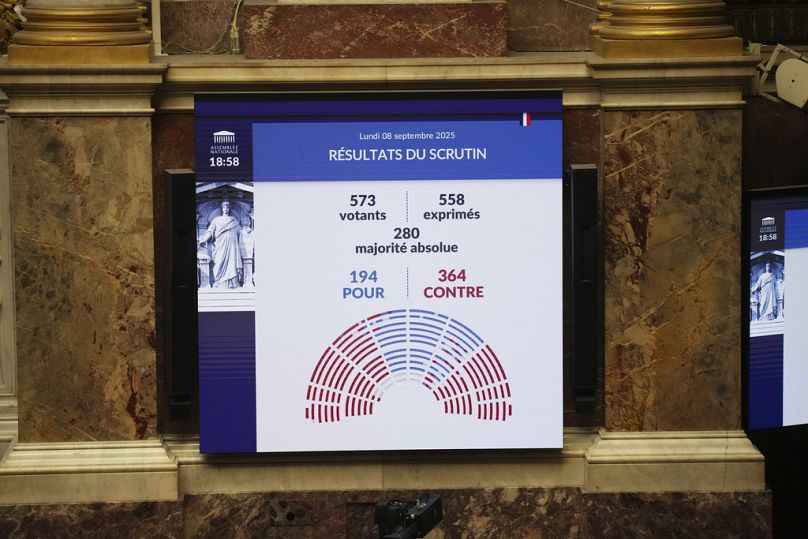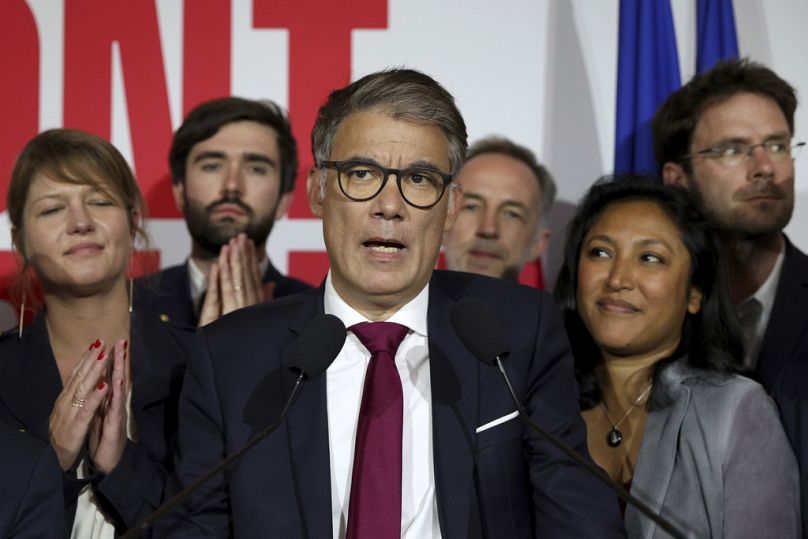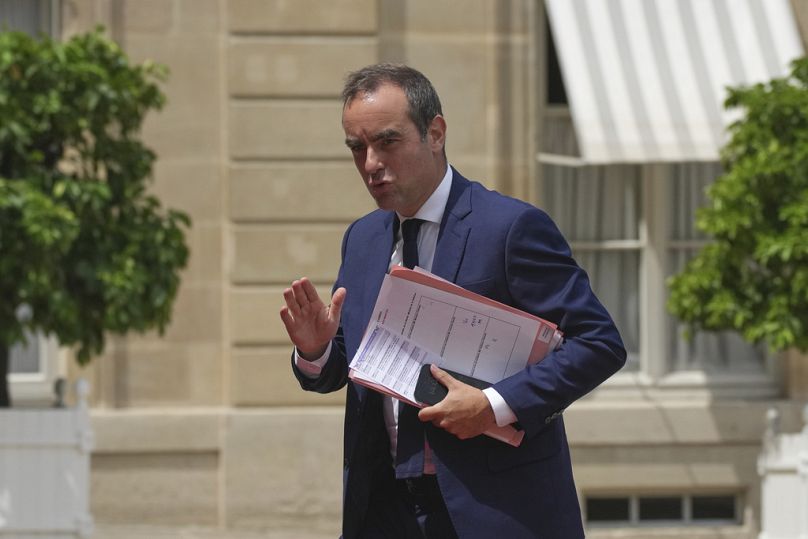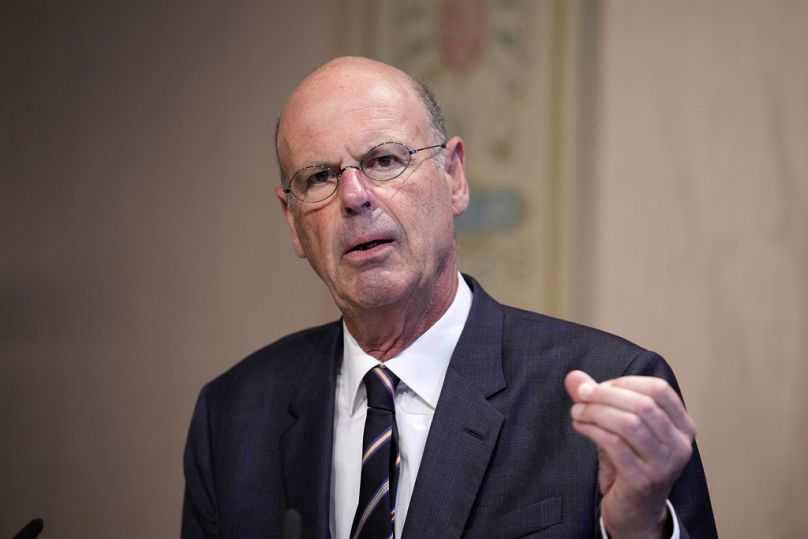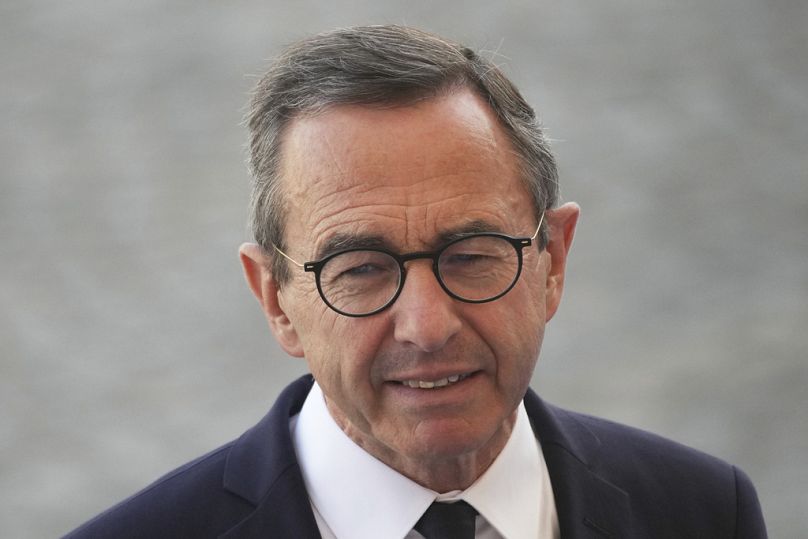What’s next for Macron and who could become France’s next prime minister?
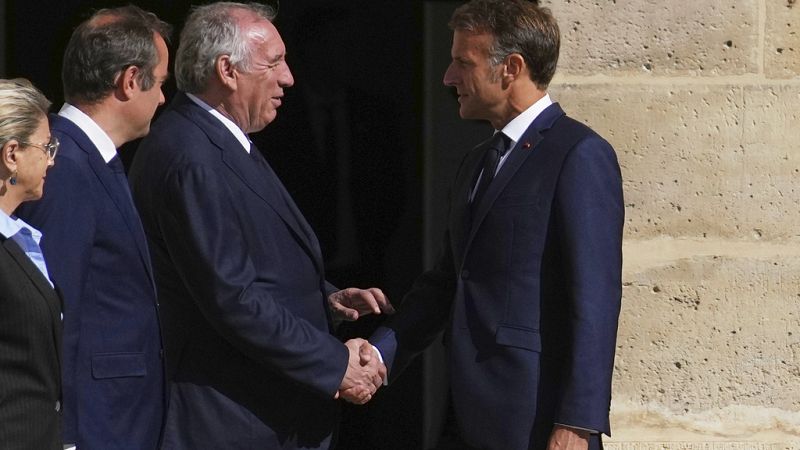
France was thrown into fresh political turmoil on Monday after Prime Minister François Bayrou and his minority government collapsed after losing a crucial confidence vote in parliament.
MPs voted against him in a 364–194 vote, forcing President Emmanuel Macron to once again seek a new head of government.
Bayrou — in office for less than a year — had staked his future on an unprecedented confidence vote, gambling that lawmakers would back his push for deep spending cuts to rein in France’s soaring debt.
Instead, both the left and the far right seized the chance to bring him down.
What are the next steps?
Macron’s office confirmed that the president will accept Bayrou’s resignation on Tuesday and appoint a replacement “in the coming days.”
Under France’s constitution, Bayrou can remain in a caretaker role until then, handling only routine matters.
France has already operated under caretaker governments twice in the past two years, between July and September 2024 after the resignation of Gabriel Attal's government, and in December 2024 after the fall of Michel Barnier's government.
Macron now has two options: appoint a new prime minister capable of surviving in France’s divided parliament, or dissolve the National Assembly and call snap elections.
He has so far resisted the latter, but gridlock could eventually leave him little choice.
If Macron does opt for new elections, the constitution requires they be held within 20 to 40 days of dissolution.
By tradition, the president would then be expected to appoint a prime minister from the party winning the largest number of seats, though constitutionally he is not bound to do so.
If a single party were to win an outright majority, however, the president would in practice be forced to name its leader as prime minister, a move known as 'cohabitation' in French politics.
This was the case in 1993, when Socialist president François Mitterrand had to appoint conservative PM Édouard Balladur after the right’s landslide victory in the legislative elections.
Were Macron to ignore such a result and appoint an ally instead, that government would almost certainly face an immediate no-confidence vote.
Who could succeed Bayrou?
Speculation is already swirling over potential successors. Here are some of the candidates.
Left-wing candidates:
- Socialist leader Olivier Faure has declared his party “ready to govern" and even drew public encouragement from former President François Hollande. His party's flagship tax on the ultra-rich, however, may discourage Macron from choosing him. Moreover, multiple MPs within the conservative right, but also among the hard-left France Unbowed party, are against Faure's nomination.
- Bernard Cazeneuve, former Socialist prime minister, is seen as a bridge to the moderate left. His name surfaces as a possibility only if Socialists agree not to topple him since he left the party in 2022.
- Pierre Moscovici, head of France’s Court of Auditors, with a reputation for fiscal prudence. His profile could reassure markets and attract moderate Socialist backing.
From Macron's own camp:
- Defence Minister Sébastien Lecornu is the clearest “continuity” pick, a loyal Macron-era stalwart who has held positions in Macron's team since 2017. He nearly became Prime Minister last December before a last-minute Bayrou intervention derailed it.
- Labour Minister Catherine Vautrin offers a centre-right, social-policy focus that could tempt parts of the conservative right but leaves the left cold. Some of Macron's more left-leaning allies have shunned Vautrin's candidacy due to her opposition to same-sex marriage.
- Economy Minister Éric Lombard has signalled openness to compromise with the left on the 2026 budget. He’s fluent in public finances, without presidential ambitions, and has personal ties to Socialist leader Olivier Faure, which could win part of the left over.
- Justice Minister Gérald Darmanin's appointment could signal a tougher law-and-order tilt under him, which would likely harden opposition from the left. Whether Gérald Darmanin's presidential ambitions for 2027 would prompt him to accept such a high-profile position remains to be seen.
Right-wing candidates:
- Interior Minister Bruno Retailleau embodies a stricter conservative line. That might win tolerance from some far-right MPs, but would stiffen resistance on the left and unsettle centrists.
- Xavier Bertrand brings strong conservative support. But his fraught relations with the far right could complicate any majority math.
Macron’s narrowing room for manoeuvre
The next prime minister will face the same near-impossible task: steering a budget through a splintered parliament where no party commands a majority.
Macron has vowed to remain in office until his mandate ends in 2027. But after multiple governments toppled in less than two years, France risks drifting deeper into political paralysis — with Europe’s second-largest economy still weighed down by its growing debt.
In his speech to parliament ahead of the vote on Monday, Bayrou warned of a country on “life support” and addicted to spending.
France’s public debt now stands at over €3.3 trillion or 114% of GDP, the third highest in the eurozone after Greece and Italy.
The deficit reached 5.8% of GDP in 2023, almost double the EU’s 3% ceiling, and is forecast at 5.4% this year.
Bayrou’s plan aimed to slash €44 billion in spending by 2026, partly by cutting two public holidays, but opponents denounced it as socially unfair.
Today


